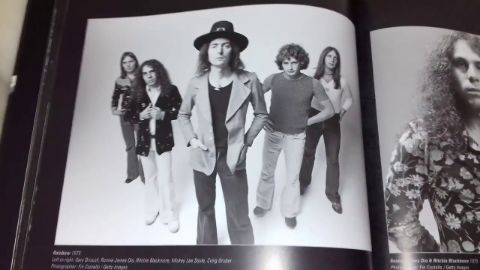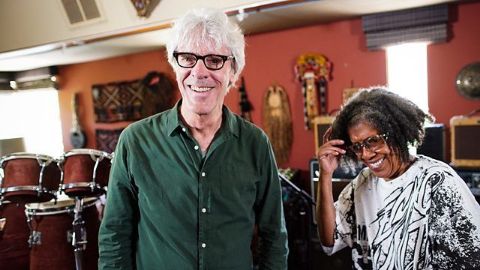Freddie Mercury: In his Own Words • 2020
Tells the story of the Queen frontman's life and career, from the early days of the band to their show-stopping performance at Live Aid and their dominance of music charts around the world. From Killer Queen and Bohemian Rhapsody, through to The Show Must Go On, the film uncover the stories behind the songs through archive interviews with Freddie himself.
Make a donation
Buy a brother a hot coffee? Or a cold beer?
Hope you're finding these documentaries fascinating and eye-opening. It's just me, working hard behind the scenes to bring you this enriching content.
Running and maintaining a website like this takes time and resources. That's why I'm reaching out to you. If you appreciate what I do and would like to support my efforts, would you consider "buying me a coffee"?
Donation addresses
BTC: bc1q8ldskxh4x9qnddhcrgcun8rtvddeldm2a07r2v
ETH: 0x5CCAAA1afc5c5D814129d99277dDb5A979672116
With your donation through , you can show your appreciation and help me keep this project going. Every contribution, no matter how small, makes a significant impact. It goes directly towards covering server costs.





